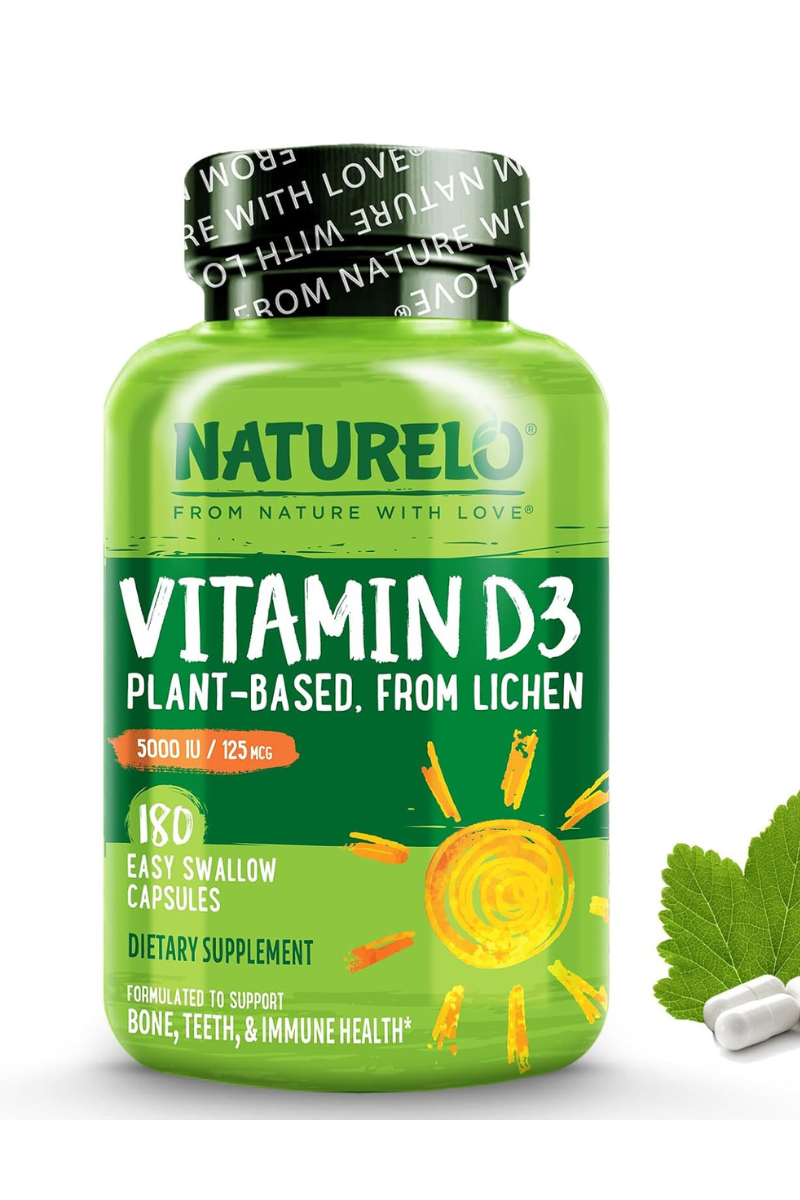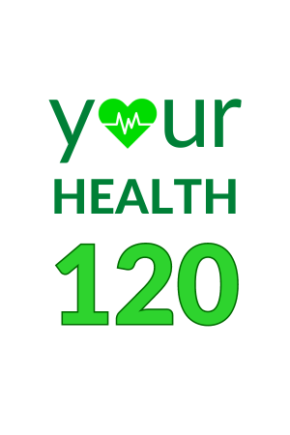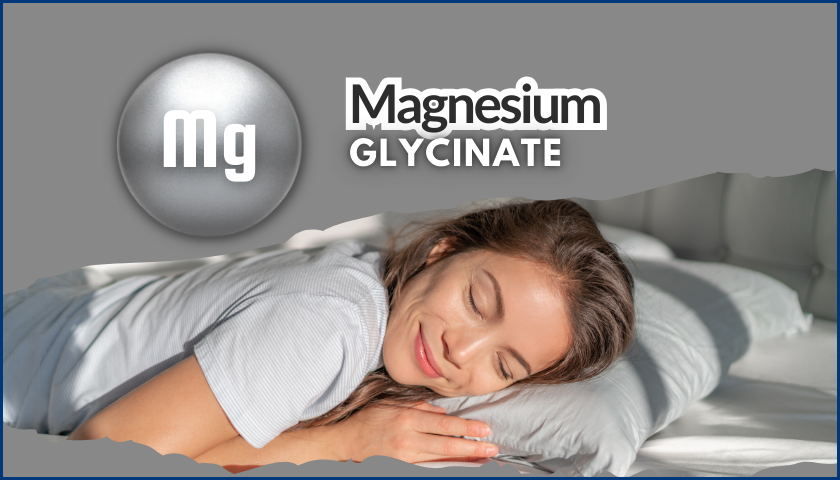We take a look at : What is Vitamin D3 the difference with Vitamin D2. What is the dosage, benefits, deficiency causes and the best natural healthy food sources. Vitamin D is a fat-soluble vitamin. It is popularly known for it’s ability to help the body absorb and retain calcium and phosphorus. It is worth noting that many of the body’s organs and tissues have receptors for vitamin D, What this tells us is that Vitamin D has numerous benefits beyond the commonly acknowledged bone building benefits. The health wonders of Vitamin D3 are boundless.
What is Vitamin D
Vitamin D is referred to as the sun vitamin. It is both a nutrient available in food and a hormone that our bodies can make. Vitamin D’s other name is calciferol. And is a fat-soluble vitamin that is naturally present in very few foods. For this reason most packaged foods are fortified to add Vitamin D. It is widely available as a dietary supplement.
Forms of Vitamin D
Vitamin D is found in two forms, Vitamin D2 ergocalciferol or pre-vitamin D as well as Vitamin D3 cholecalciferol. Both forms are naturally occurring and are produced by the presence of the sun’s ultraviolet-B (UVB) rays.
Types of Vitamin D
Vitamin D2 is made from plants and found in fortified foods and supplements. In the human body Vitamin D3 is naturally produced through exposure to the sun. It occurs in small amounts in some animal foods.
Vitamin D2 is manufactured using UV irradiation of ergosterol in yeast. While, Vitamin D3 is produced with irradiation of 7-dehydrocholesterol from lanolin and the chemical conversion of cholesterol.
Which Type is better Vitamin D2 or D3 ?
Most evidence indicates that vitamin D3 increases serum levels to a greater extent and maintains higher levels longer than vitaminD2. Both forms however are well in the small intestine. Most steps in the metabolism and actions of vitamins D2 and vitamins D3 are identical. However, the presence of fat in the gut enhances vitamin D absorption.
Is Vitamin D3 Water or Oil Soluble ?
Vitamin D3 is a fat-soluble vitamin, it dissolves in fats and oils. The body stores it in the fatty tissue and liver. It is therefore best to take it along with fats in the diet. This way you will get the most out of your fat-soluble vitamins. In addition you will also maximise absorption it is best to take it along with fats in the diet.
What is the RDA (Recommended Daily Allowance) of Vitamin D3 ?
The recommended daily allowance of Vitamin D defers depending on the regulating body. IRDA is normally based on the daily amount needed to maintain healthy bones and normal calcium metabolism in healthy people. The RDA for therapeutic doses may therefore defer. A recommended RDA of 400 international units (IU) was adequate. This has since changed, and you can now get Vitamin D3 in higher doses. The supplement form comes in 1000iu to 5000iu and even higher per dosage.
What are the Sources of Vitamin D3 ?
The Sun’s Ultra Violet Light
Vitamin D3 forms when a chemical reaction occurs in human skin. This happens when a steroid called 7-dehydrocholesterol is broken down by the sun’s UVB light.
Natural Food Sources
They are very few foods that are naturally rich in vitamin D3. The best sources are the flesh of fatty fish and fish liver oils. While egg yolks, cheese, and beef liver contain smaller amounts. Some mushrooms also contain vitamin D2.
Fortified Food Sources
Many foods and supplements are fortified with vitamin D like dairy products and cereals. Commercially sold mushrooms may contain higher than normal levels of Vitamin D2. As a result of exposure to high amounts of ultra violet light.
What are the Causes of a VitaminD3 deficiency ?
Vitamin D insufficiency affects almost 50% of the population worldwide across all ethnicities and age groups. The pandemic of hypovitaminosis D is attributable to lifestyle. Especially reduced outdoor activities as well as environmental factors like air pollution leading to reduced exposure to sunlight. Adequate sunlight exposure is a requirement, in order to produce ultraviolet-B (UVB)-induced vitamin D in the skin.
Additional Information Resources - Vitamin D3
YourHealth120 is a site intended to simplify health concepts so as to empower our readers to make informed decisions about their health. We have however provided in the table below website links to additional reading information resources which provide you with more detailed, scientific and even scholarly articles.★ 4 Top Choices of VitaminD3 Selected Just For You
|
Best Value  -1- Pure Encapsulations |
Most Popular 
-2- Nature
|
Starter Dose  -3- Now Supplements |
Added Value 
-4- Naturelo
|
|
|---|---|---|---|---|
| BRAND |
PURE ENCAPSULATIONS |
NATURE WISE |
NOW SUPPLEMENTS |
NATURELO |
| SUPPLY |
10,000 IU 120 Count |
5000 IU 360 Count |
2,000 IU 30 Count |
5000 IU 180 Count |
| BENEFIT | Pure Encapsulations Vitamin D3 250 mcg (10,000 IU) – Supplement to Support Bone, Joint, Breast, Heart, Colon & Immune Health – with Premium Vitamin D – 120 Capsules | NatureWise Vitamin D3 5000iu (125 mcg) 1 Year Supply for Healthy Muscle Function, and Immune Support, Non-GMO, Gluten Free in Cold-Pressed Olive Oil, Packaging Vary ( Mini Softgel), 360 Count | NOW Supplements, Vitamin D-3 2,000 IU, High Potency, Structural Support*, 30 Softgels | NATURELO Vitamin D – 5000 IU – Plant Based from Lichen – Natural D3 Supplement for Immune System, Bone Support, Joint Health – High Potency – Vegan – Non-GMO – Gluten Free – 180 Capsules |
| INGREDIENTS / PACKAGE | Vitamin D3 10,000 IU 120 Capsules | D3 5000iu ( Mini Softgel), 360 Count | Vitamin D-3 2,000 IU 30 Softgels | Vitamin D – 5000 IU 180 Capsules |
⮞ Let’s Explore Our Health Together…
- About (7)
- Anti-Aging (6)
- Healing Oils (7)
- Health Hacks (2)
- Health Hazards (2)
- SIBO & SIFO (5)
- SINUS SUCKS (3)
- Supplements (3)



